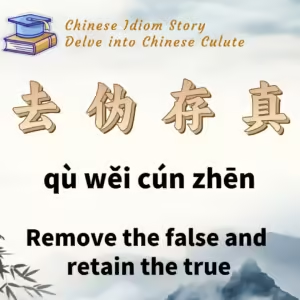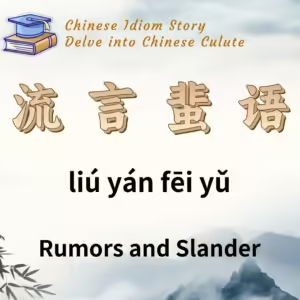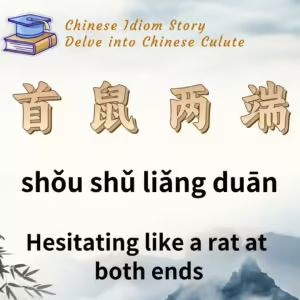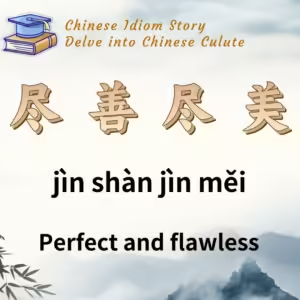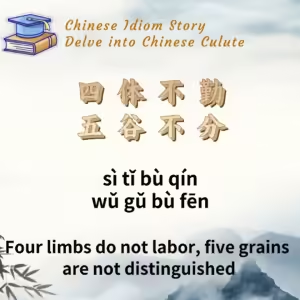
Chinese Idiom: 四体不勤,五谷不分 (Si Ti Bu Qin, Wu Gu Bu Fen)
English Translation: Four limbs do not labor, five grains are not distinguished
pīn yīn: sì tǐ bù qín, wǔ gǔ bù fēn
Idiom Meaning: This idiom describes someone who is disconnected from manual labor and the common people. It can also refer more broadly to someone who is out of touch with practical matters. “Four limbs” refers to a person’s hands and feet, and “five grains” commonly refers to staple crops such as rice, millet, sorghum, wheat, and soybeans.
Historical Source: The Analects of Confucius (《论语》), specifically from the chapter “Wei Zi” (微子篇)
Idiom Story:
The Analects is one of the classic works of Confucianism and was compiled by Confucius’ disciples and their followers. During the Western Han Dynasty, there were three versions of the text: the “Lu Lun” (鲁论), “Qi Lun” (齐论), and the ancient text “Gu Lun” (古论). The version we have today is a composite formed by Zheng Xuan during the Eastern Han Dynasty, consisting of twenty chapters that record the words and actions of Confucius and his disciples.
In the chapter “Wei Zi,” an incident is recorded that took place in the late Spring and Autumn period. Confucius was traveling with his disciples through various states, promoting his political ideas. One day, one of his disciples, Zilu, lost track of Confucius along the way. While searching for his teacher, Zilu encountered an elderly man carrying farming tools on a pole. Zilu approached him and asked, “Have you seen my teacher?”
The old man replied, “A man whose four limbs do not labor and who cannot distinguish between the five grains—how can such a person be called a teacher?” The implication was that a person who did not engage in manual labor and could not recognize basic crops was not worthy of being called a teacher.
After saying this, the old man placed his pole on the ground, picked up his farming tools, and went into the field to start weeding. Zilu, however, stood there, stunned and clasping his hands respectfully.
After finishing his work, the old man invited Zilu to stay at his home, where he killed a chicken and prepared yellow millet cakes for him. The next day, Zilu took his leave, caught up with Confucius, and recounted the previous day’s encounter.
This story emphasizes the value of being grounded in practical knowledge and labor, even for those who are considered scholars or teachers.


